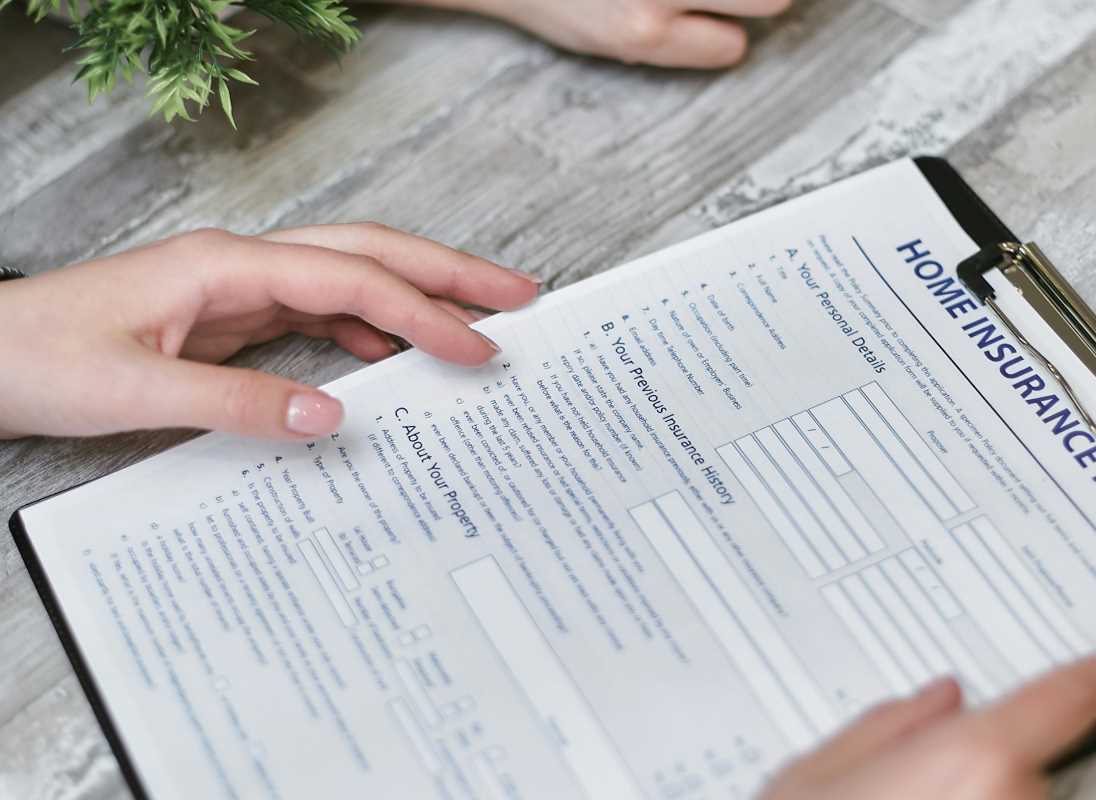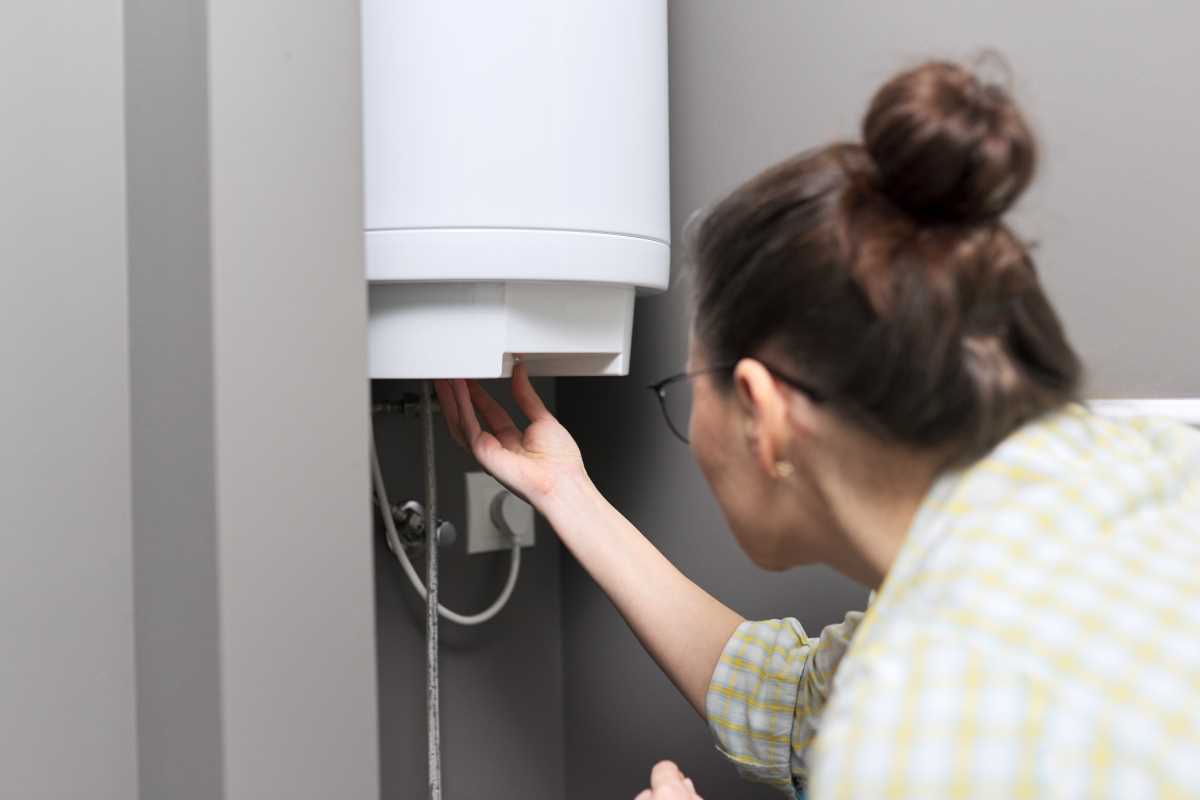Purchasing a home is an exhilarating journey that also comes with its share of responsibilities. Protecting this significant investment requires a thorough understanding of your insurance policy's intricacies. By acquainting yourself with the fundamental aspects, you can ease the process of managing home coverage and reduce any associated stress. This knowledge empowers you to make well-informed decisions that safeguard your most precious asset. Whether you're a first-time homeowner or a seasoned buyer, grasping the essentials of your insurance coverage will ensure that you're prepared for any eventualities, securing your peace of mind in the long run.
Taking time to learn about home insurance terms and requirements can save you money and unwanted surprises later. Knowing what to look for in a policy gives you confidence when talking with your agent and comparing options that suit your unique situation.
Key Home Insurance Terms Everyone Should Know
Home insurance comes with a host of specific terms that can feel overwhelming at first. Breaking these terms down into simple points makes it easier to grasp what your policy offers and where you might need extra protection.
- Premium: You pay this amount regularly for your policy. This fee covers your home and belongings as outlined in your contract.
- Deductible: You pay this sum before your coverage starts after a claim. A higher deductible usually lowers your premium but increases your out-of-pocket expenses during a claim.
- Liability Coverage: It protects you financially if someone gets injured on your property or if you damage others' property.
- Replacement Cost: It provides the amount needed to repair or replace your home’s structure or belongings without accounting for depreciation.
- Endorsement: A policy change that adds or modifies coverage terms, allowing you to customize your insurance to better fit your needs.
Understanding these definitions gives you a solid foundation for your insurance journey. It also allows you to ask precise questions and receive clear answers when reviewing policies.
Common Home Insurance Questions
Many questions often come up when choosing the right insurance plan for your home. Addressing these concerns early helps you prevent misunderstandings about coverage and claims.
Below is a list of frequently asked questions with straightforward answers:
- What does my policy cover? Your policy usually covers damage from fire, theft, vandalism, and certain natural disasters, along with liability protection. Always review your contract to understand specific inclusions and restrictions.
- How do I choose the right deductible? The deductible you pick should balance what you can comfortably pay out-of-pocket and how much you want to lower your monthly premium. Consider your overall finances before deciding on a higher or lower deductible.
- Are there extra protection options available? Insurance companies often provide additional options for special needs, such as earthquake or flood coverage.
- How does replacement cost differ from actual cash value? Replacement cost covers the full expense to replace an item with a new one of similar kind and quality. Actual cash value considers depreciation, which may leave you with less money to repair or replace damaged property.
These questions help you focus on the key areas when comparing policy features. Clear answers enable you to evaluate what matters most in your coverage.
How to Choose the Right Policy
Selecting a policy involves considering several factors that directly impact your long-term financial security. Start by assessing risks specific to your area, such as floods or earthquakes, and find policies that provide adequate protection. Check policy limits to ensure they cover the full value of your home and belongings.
Compare multiple quotes from different providers and review the fine print for exclusions and special conditions. Even well-known companies like Allstate and State Farm can differ in how they detail their coverage options. Look for clear terms and transparent pricing to ensure that the policy meets your expectations and budget.
What’s Covered—and What’s Not
Knowing what a policy includes helps you understand your position if a mishap occurs. Standard home insurance policies generally offer protection for several common incidents, giving you reassurance that your investment is safe from widely recognized risks.
Typically Covered:
- Fire and smoke damage
- Theft and vandalism
- Wind or hail damage
- Liability for injuries and property damage to others
Often Not Covered:
- Floods and earthquakes (unless you add extra coverage)
- Routine wear and tear or maintenance issues
- Infestations and pest damage
- Intentional damage or neglect
Carefully examine your policy documents to determine which hazards the standard plan does not cover. You might need to buy additional riders or endorsements if your home faces risks typically excluded by policies.
Gathering all the details allows you to plan for potential out-of-pocket costs if you choose to insure against additional hazards. This detailed planning helps you match your home’s value and your personal risk tolerance with appropriate protection.
Talking to Your Insurance Agent
Prepare targeted questions for your insurance agent about policy options, coverage changes, and claims procedures. Take notes, clarify any uncertainties, and discuss special considerations or updates to tailor your coverage.
Review your policy, ask questions, and make informed decisions to protect your home. Stay informed to ensure lasting peace of mind.
 (Image via
(Image via





